Labour to give teachers the tools to end the scourge of sexual harassment by young men influenced by online misogyny

Bridget Phillipson, Labour’s Shadow Education Secretary, has today [TUESDAY] vowed to smash online misogyny and sexual harassment imported into schools with a plan to implement new digital literacy and safeguarding measures.
With school leaders and teachers reporting an alarming rise in sexual harassment witnessed in classrooms and corridors from boys and young men influenced by misogyny spread online, Labour has vowed to arm teachers with the tools to tackle the issue at its root.
In 2022, a poll found that 70% of teachers in the UK faced misogyny at work, with the Women and Equalities Committee branding sexual violence a ‘scourge’ in schools last year.
As platforms such as TikTok, X, and Instagram push content using certain algorithms, many male pupils are becoming exposed to a rapid rise in material from a misogynistic online subculture.
Influencers such as Andrew Tate are able to disseminate their views on social platforms easily and directly to reach a young, male target audience as intended.
Incidents such as verbal harassment of female teachers or other pupils have risen as a result, with counter-extremism workers, charities, and teachers warning of the sexist behaviour that online exposure to this content is facilitating.
Labour’s plans will comprise:
- Supporting schools to work together and spread best practice in dealing with misogyny and sexual harassment.
- Rolling out regional improvement teams whose rolls will include providing school mentor training for older schoolboys to coach younger boys in recognising and stopping misogyny.
- Embedding digital literacy in the curriculum so that young people are given the critical tools to deal with online hate and misinformation.
- Rolling out access to mental health counsellors in every school, ensuring young people can get support when they need it and recognise harmful behaviour.
- Empowering Ofsted to conduct new annual safeguarding checks to quickly identify patterns of risky or harmful behaviour
The news comes as the party released new analysis obtained from the House of Commons Library showing a growing number of references to misogyny, sexism and sexual harassment appearing in reports by Ofsted.
The analysis of the most recent school inspection data provided by Ofsted found that mentions of the terms ‘sexism’, ‘misogyny’, ‘sexual harassment’, ‘sexual abuse’ and ‘safeguarding incident’ had grown by more than 400% between 2019 and 2022. Inclusion of ‘Sexual harassment’ in reports grew from three to 106, a rise of more than 3000%.
Overall, one or more of these terms were found in 5% of all Ofsted reports, up from 0.9% in 2019. Last year, 291 schools were found not to have effective safeguarding by Ofsted.
Bridget Phillipson MP, Labour’s Shadow Education Secretary, said:
“Misogyny is a growing scourge in our classrooms and if we fail to tackle it now, we store up huge problems for society in years to come.
“Female pupils and teachers deserve the right to a safe space, but it is evident that content from influencers such as Andrew Tate is having a lasting and damaging impact on boys and young men.
“Parents across the country are rightly concerned about the impact this is having on children, particularly the sexual harassment being suffered by young women and girls.
“That is why I have set out measures today to equip schools with the tools they need to rid our education system of these misogynistic views, teach our children right from wrong, and implement better safeguarding measures.
“Labour is the party of high and rising standards, which is why alongside long overdue reform of Ofsted inspection, we will ensure the regulator conducts annual safeguarding inspections to identify where problems exist – and keep our schools and children safe.”
Sector Response
Dr Patrick Roach, General Secretary of NASUWT-The Teachers’ Union, said:
“We know from reports from members, our casework and previous research that sexual harassment and sexist abuse towards both female teachers and pupils in schools and colleges is commonplace and that the majority of incidents fail to be reported or dealt with effectively.
“We welcome the commitment to tackling the many forms of misogyny and supporting effective practice in schools. This must also include equipping schools to confront sexism and misogyny in the curriculum.
“Women and girls have a right to be afforded safety, security and respect at all times. We need greater transparency and a climate that encourages unacceptable behaviours to be reported in the confidence that action will be taken.
“Sexism and misogyny have no place in our schools and colleges and it is vital that every action that can be taken is taken to stamp out such abuse.
“The full force of the law must be applied, ensuring that misogyny is recognised as a hate crime and that it will be dealt with accordingly.”
Daniel Kebede, General Secretary of the National Education Union, said:
“Schools will welcome more support about how to respond to the online sexism and sexual harassment which young people encounter. This can feel like an overwhelming challenge for schools and one where things are constantly changing. Labour have recognised that the curriculum and what skills are valued and taught must fit the modern day. A greater focus on digital literacy across the curriculum is much needed and these are the areas that warrant more prominence in a future curriculum review.
“Schools, colleges, parents and the social media giants need to work together and play a role in preventing online sexism and responding to its costs for young people. Sexism in schools is symptomatic of gender inequality across our society. Using education to prevent sexist ideas and attitudes is vital – but only with a whole school approach and an approach that’s supportive of schools.
“Safeguarding is a key and under-regarded function for schools and colleges, but they need local systems to work well. Local authorities must have the capacity to support all their local schools around harassment trends and responsive strategies and build good practice. This is not a role for Ofsted.
“The NEU has a It’s Not Okay toolkit which recommends for a whole-school approach, and which has been endorsed by the End Violence Against Women coalition. This includes a tool for working with young boys and men to prevent sexism and sexual harassment, which provides safer and braver spaces for boys to explore issues around mental health, relationships and boys’ roles.”
Margaret Mulholland, Inclusion Specialist at the Association of School and College Leaders, said:
“The rise in the amount of misogynistic material online, and the impact this can have on young people, is absolutely horrifying and of serious concern to school and college leaders. Social media can and does have a huge influence on pupils, and it is clear that the algorithms which drive the selection of personalised content on these platforms are responsible for amplifying harmful content.
“Schools and colleges have an important role to play in helping young people to navigate the digital world and already teach the importance of respectful relationships as part of Relationships and Sex Education. It’s important that young people, particularly boys, are involved in the conversation to combat this problem and feel empowered to make good decisions and form healthy relationships. However, support from politicians and external agencies is also welcome, as schools cannot fight this battle alone, and we are pleased to see Labour devote attention to this important issue.
“Schools must have the resources they need to tackle online hate and misinformation. And social media companies must take responsibility for policing their platforms and preventing the dissemination of harmful material to children.”
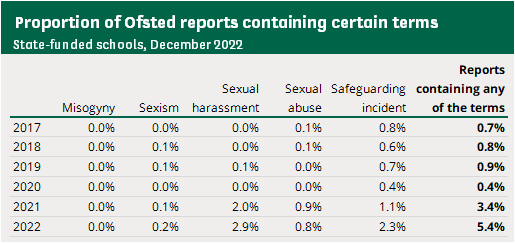
New analysis obtained from the House of Commons Library shows a growing number of references to misogyny, sexism and sexual harassment appearing in reports by Ofsted.
Note: based on random sample of 18,000 schools. Use of each phrase does not necessarily equate to an increase in reported incidents.
Source: Ofsted, State-funded schools statistics: 31 December 2022, 30 March 2023, analysis conducted by the House of Commons Library.
- “In 2022, a poll found that 70% of school teachers in the UK faced misogyny at work, with the Women and Equalities Committee branding sexual violence a ‘scourge’ in schools last year.”
- “Influencers such as Andrew Tate are able to disseminate their views on social platforms easily and directly to reach a young, male target audience as intended.”
- ‘Rapid rise in Andrew Tate-related cases referred to Prevent by schools – Guardian (2023)
- ‘We see misogyny every day’: how Andrew Tate’s twisted ideology infiltrated British schools – Guardian (2023)
- ‘Brainwashing a Generation’: British Schools Combat Andrew Tate’s Views – NY Times (2023)
- ‘Last year, 291 schools were found not to have effective safeguarding measures by Ofsted’
- Social media algorithms amplify extreme content, such as misogynistic posts, which normalises harmful ideologies for young people, a new report by UCL has found. The research, conducted in partnership between UCL, the University of Kent and the Association of School and College Leaders (ASCL), found a fourfold increase in the level of misogynistic content in the “For You” page of TikTok accounts over just five days on the platform, in an algorithmic modelling study.



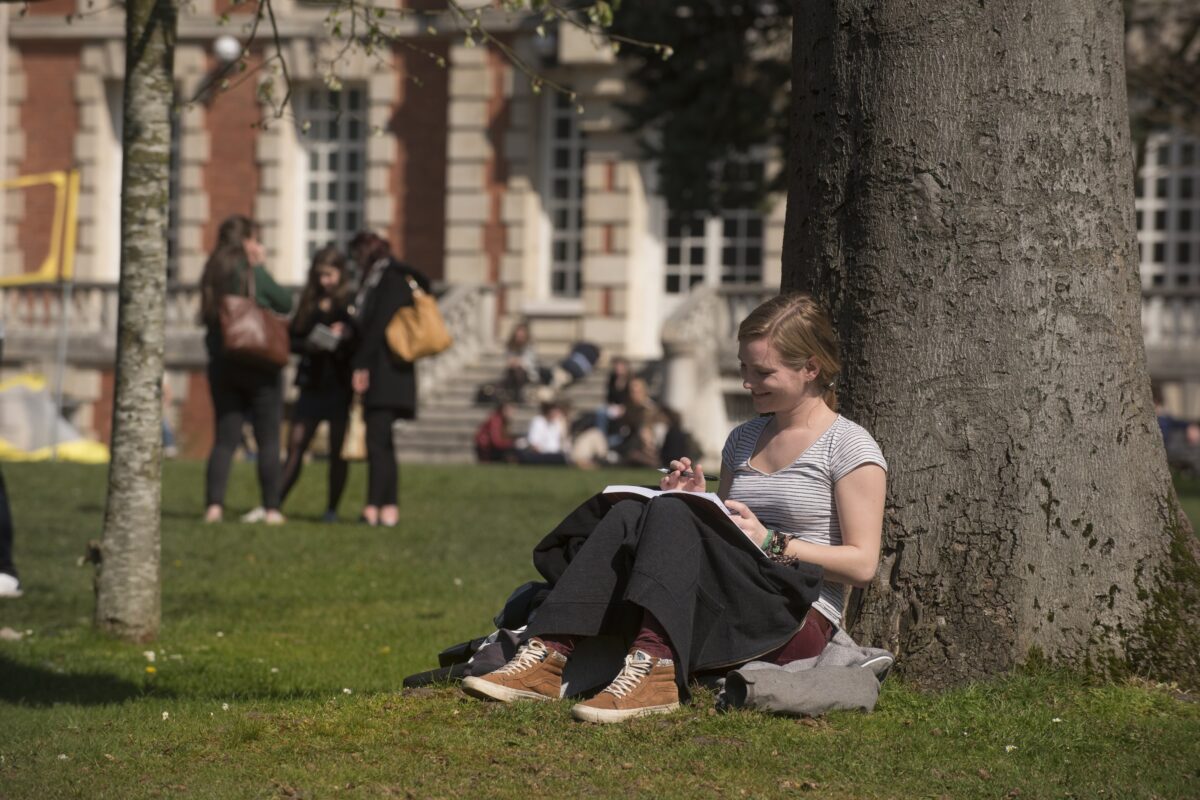
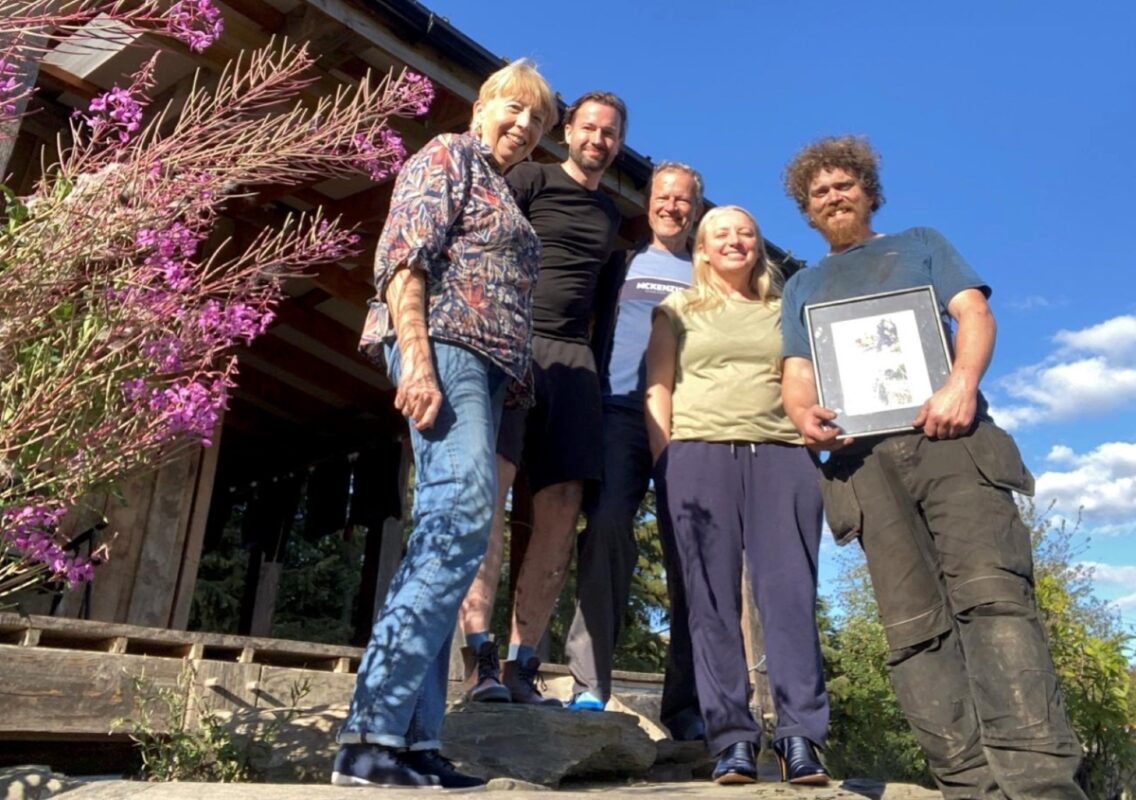

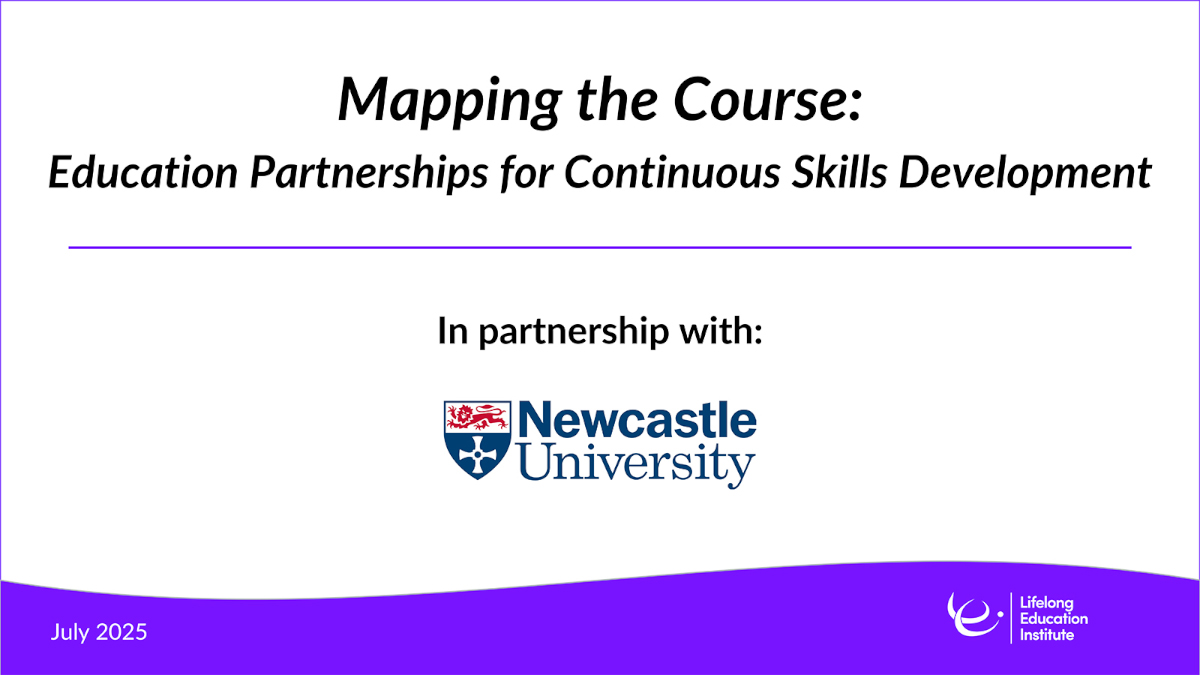
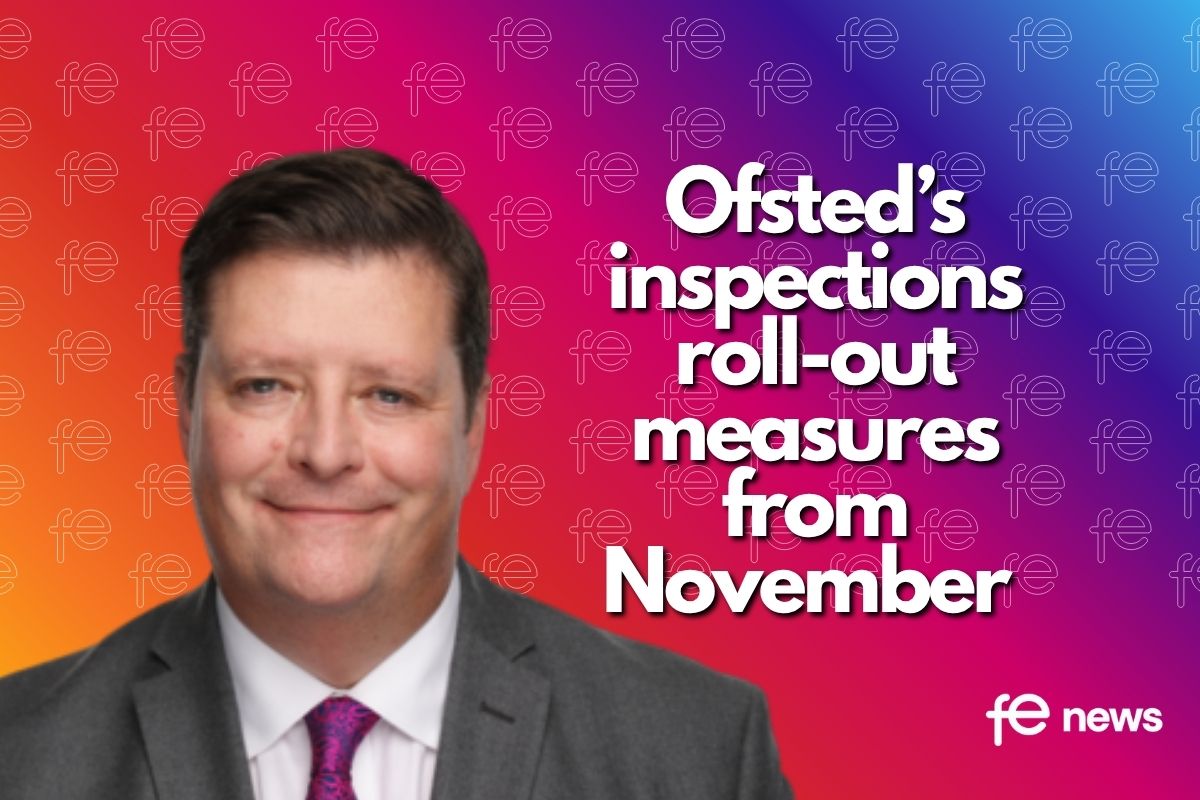



Responses